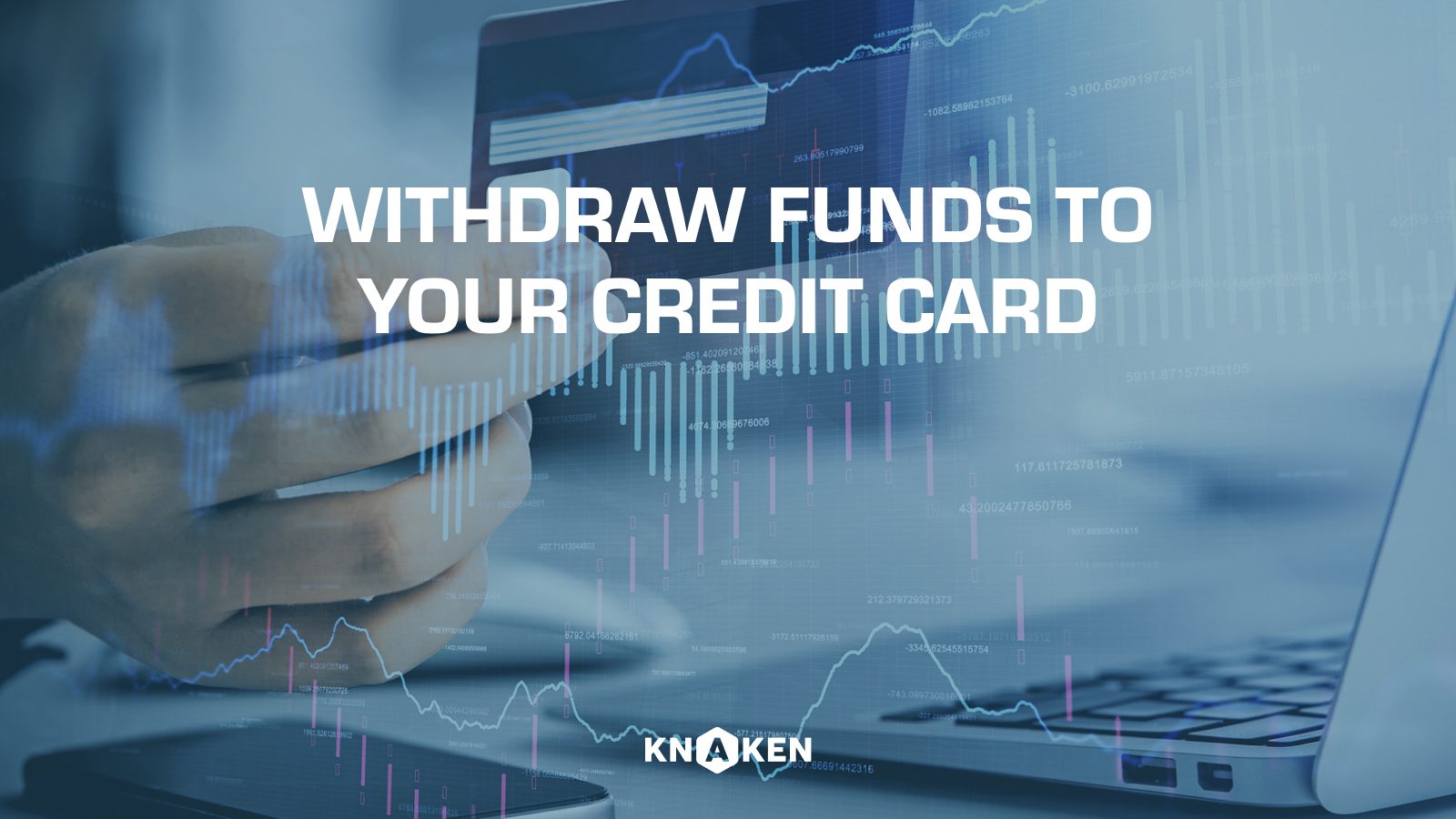Liquidity in Cryptocurrency
What is Liquidity?
Liquidity refers to the ease with which an asset can be converted into cash or a cash-equivalent without affecting its market price. In the world of cryptocurrencies, liquidity is a critical factor that impacts trading, investing, and the overall stability of the market.
Why is Liquidity Important in Crypto?
- Market Efficiency: High liquidity results in more efficient markets, where buying and selling occur with minimal price fluctuations.
- Reduced Slippage: Increased liquidity leads to reduced slippage, which is the difference between the expected price of a trade and the actual price.
- Price Stability: A liquid market is less susceptible to manipulation and sudden price changes, providing a more stable investment environment.
- Attracts Investors: Higher liquidity attracts more institutional and retail investors, contributing to overall market growth.
Types of Liquidity in Cryptocurrency
- Market Liquidity: Refers to the ability to buy and sell assets in a market without causing significant changes in their prices.
- Funding Liquidity: Involves the availability of cash or easily convertible assets within a market, which includes factors like leverage and borrowing.
- Exchange Liquidity: Specific to exchanges, it represents the ease with which assets can be traded on that particular platform.
Factors Influencing Liquidity in Crypto
- Trading Volume: Higher trading volumes indicate better liquidity, as many buyers and sellers are active in the market.
- Market Depth: Refers to the ability to consistently buy and sell large quantities of an asset without drastic changes in its price.
- Number of Market Participants: More participants generally lead to higher liquidity, as it increases the amount of trading activity.
- Market Maker Activity: Market makers help provide liquidity by maintaining buy and sell orders, ensuring that trades can be executed quickly.
- Regulations and Exchange Listing: Cryptocurrency assets that are listed on reputable exchanges usually experience increased liquidity due to greater access and visibility.
Liquidity Metrics
- Bid-Ask Spread: A narrower spread indicates higher liquidity, as it shows that there is less disparity between the prices buyers are willing to pay and sellers are asking.
- Order Book Depth: This measures the number of orders at various price levels and helps to gauge the potential impact of large trades on the market.
- Volume to Market Capitalization Ratio: This ratio can help assess liquidity in relation to market size, offering insight into potential volatility.
Challenges of Liquidity in Cryptocurrency
- Volatility: Cryptocurrencies are inherently volatile, which can lead to sudden changes in liquidity as market conditions fluctuate.
- Market Manipulation: Low liquidity can make markets more vulnerable to manipulation by individuals or groups with substantial capital.
- New and Illiquid Assets: Less popular or newly launched cryptocurrencies often experience low liquidity, making them riskier to trade.
Improving Liquidity in Crypto Markets
- Incentivizing Market Makers: Encouraging market makers to participate can help improve liquidity by ensuring buy/sell orders are consistently present.
- Creating More Trading Pairs: Allowing users to trade different cryptocurrencies can increase market activity and, subsequently, liquidity.
- Facilitating Cross-Platform Trading: Tools that allow seamless transfers across exchanges can enhance overall liquidity.
Conclusion
Understanding liquidity is essential for anyone involved in cryptocurrency trading and investment. It directly affects market efficiency, price stability, and the attractiveness of assets. By fostering higher levels of liquidity, cryptocurrency markets can become more accessible and less susceptible to the wild fluctuations that affect less liquid assets.


















